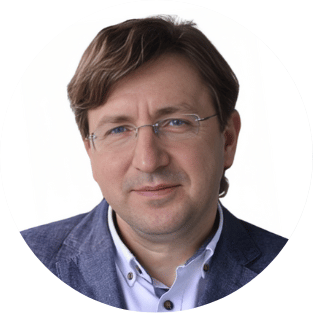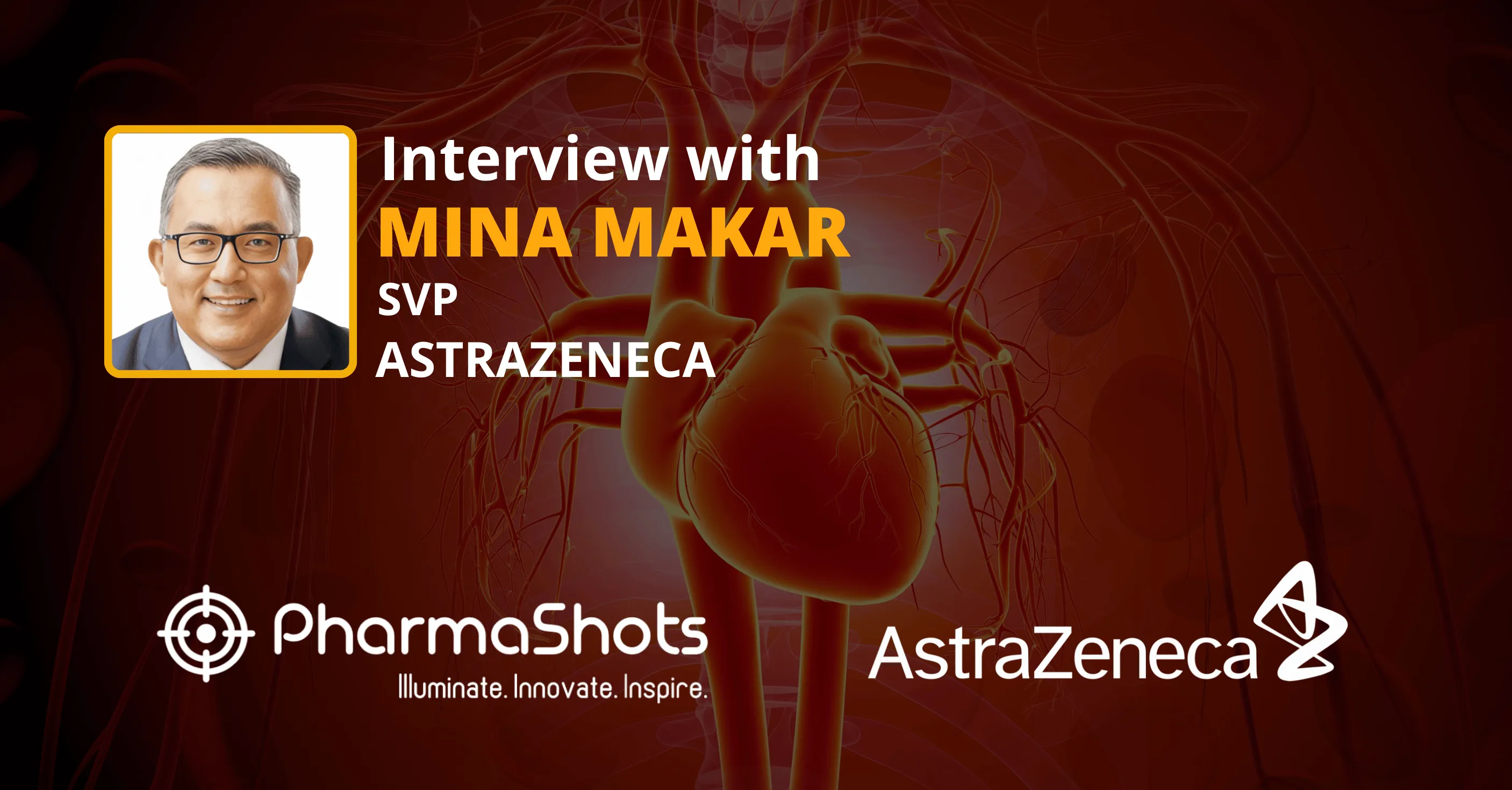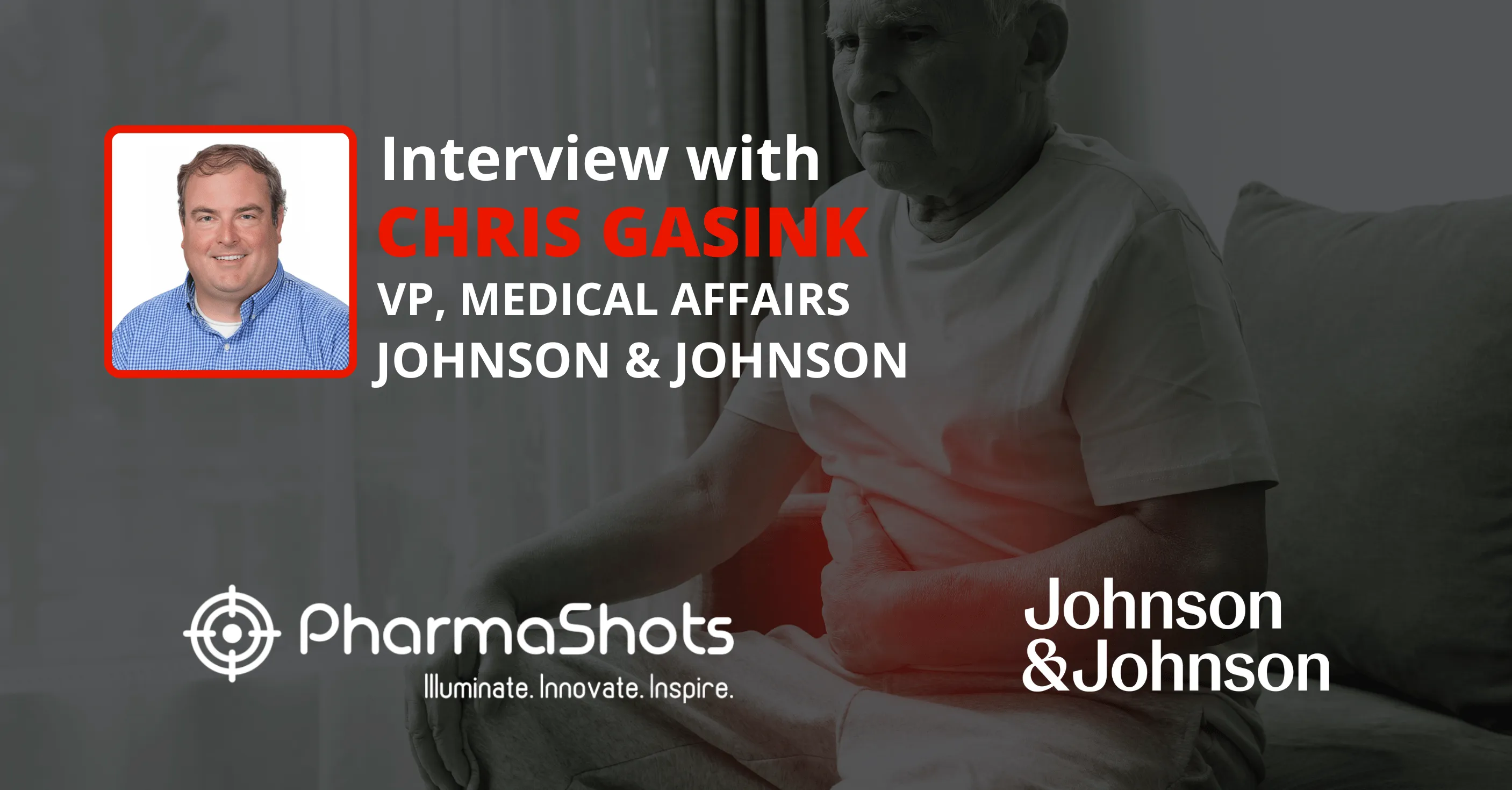
Enhancing Care: Piotr Trzonkowski from PolTREG in an Interesting Dialogue Exchange with PharmaShots
Shots:
-
Recently, PolTREG announced positive long-term follow-up data for PTG-007 from the P-I/II studies for early-onset type 1 diabetes
-
PolTREG develops therapies using T-regulatory cells for autoimmune diseases. With the positive results, PolTREG has met EMA’s requirement to confirm the safety of Treg therapies at least five years after the administration
-
Today, at PharmaShots, we have Piotr Trzonkowski, CEO of PolTREG, shedding light on Treg therapies and the company’s lead asset PTG-007
Saurabh: Congratulations on the amazing long-term follow-up results from the P-1/2 study of PTG-007. Can you give the audience a quick overview of the Phase 1/2 study?
Piotr: Here at PolTREG we are developing T-regulatory cells as therapies for autoimmune diseases. We harvest the cells from the blood of patients, and then expand them ex vivo. In some cases, we use the cells in their natural form. In others, we engineer their genetic make-up, so that they acquire a more targeted function.
Our recently announced long-term study was evaluating PTG-007, our lead asset, in early-onset type-1 diabetes (T1D). It monitored 54 patients who had taken part in Phase I and Phase II trials of PTG-007 over a period between 7 and 12 years. This therapy consists of untreated, or polyclonal cells, and we have been monitoring safety and efficacy in patients for up to 12 years. We will present the results at a medical conference in September, but what we can say already is that they were very positive, and confirmed the findings of the Phase 1/2 study, which we published in 2022.
Saurabh: What were the main findings in the P-1/2 study of PTG-007 and how it will help the company further?
Piotr: With the positive findings of the long-term study, we have met a requirement from EMA, which had asked for patient monitoring over a period of at least five years. We are now free to launch a pivotal Phase 2/3 study, the last step before requesting market authorization. We will launch this study as soon as we secure a pharma partner.
The Phase 1/2 study clearly showed superior results in patients – mostly children - treated with PTG-007 in combination with rituximab, over any monotherapy. Patients in the combination group retained the ability to secrete insulin, and half of them were still in remission 24 months into the treatment. The long-term study confirmed these results, with patients continuing to produce insulin for up to 12 years. Remission was also significantly longer, with a preliminary estimate showing a difference of between 3 and 4 years. However, that number still needs to be confirmed when we analyze the final results.
We believe we are the only company in the world who can show these results in early-onset T1D in actual patients, over such a long period of time.
Saurabh: Could you tell us about the PTG-007's ROA and MOA and what is Treg therapeutics?
Piotr: In autoimmune diseases, the immune system attacks the body’s own cells. In diabetes, the pancreatic islets are the victim, in multiple sclerosis the myelin sheath protecting the nervous system, and the motor neurons in amyotrophic lateral sclerosis (ALS). And there are many more autoimmune diseases, each with their own etiology.
We believe that T-regulatory cells will offer a therapeutic platform for most of these diseases. Treg cells function as the police force of the body’s immune system, keeping the effector cells that do the damage in check. By adding Treg cells back into the system of patients – either their own or from other individuals – we aim to regulate the activity of the effector cells, and restore a situation of balance. Treg cells have the huge advantage that, in contrast to traditional drugs, they only work at the site of the inflammation, and switch off as soon as the problem goes away.
Treg cells are usually injected intravenously, though we have some reason to believe that in multiple sclerosis, they need to be administered intrathecally.
Saurabh: When do you expect its next clinical steps, and is the company seeking any designation from the authority?
Piotr: Like I said earlier, we will launch a pivotal study into early-onset T1D with PTG-007, as soon as we secure a pharma partner. In addition, we are planning to launch three new Phase 1/2 trials with PTG-007 for different indications this year. One is for presymptomatic T1D, and two others are for two different types of multiple sclerosis: remitting-relapsing and primary progressive.
Saurabh: What differentiates PTG-007 from the existing standard of care and other drugs available for this indication?
Piotr: We believe that T1D will become a preventable disease. The goal of the upcoming trial in presymptomatic patients is to treat young children before they even notice they have the disease. We can achieve this by looking for biomarkers in high-risk groups, such as siblings of patients. Ultimately, we hope we can liberate them from the burden of having to take insulin for the rest of their lives, and the serious long-term complications of the disease.
Saurabh: Is the company looking for a partnership for the further development of the drug?
Piotr: We are looking at partnerships in many areas. We have our own CGMP-certified, state-of-the-art manufacturing facility in Gdansk, where we can produce all our products and ship them through Europe within 24 hours. Naturally, we are open for cooperation with other companies in this area. Secondly, our long-standing experience with patients, who have received our products in clinical trials or through a hospital exemption, makes us a unique partner for medical research. And last but not least: we are developing all modalities of Treg cells, including next-generation engineered cells. These include TCR-Tregs, Antigen-specific Tregs and CAR-Tregs. We are the only company in the world that produces all these different ‘flavours’ of Treg cells, which makes us very interesting to look at for academic and pharma partners.
Image Source: Canva
About the Author:

Piotr Trzonkowski
Piotr Trzonkowski has served as President of the Management Board and CEO of PolTREG since 1 May 2019. He is a highly accomplished medical professional and researcher, and graduated from the Medical University of Gdańsk. Initially focusing on immune disorders in the elderly and their impact on vaccinations, Dr Trzonkowski’s research later expanded to include immune tolerance in transplants and autoimmune diseases. His team was the first in the world to introduce immunosuppressive regulatory T cell therapy in human trials. Dr Trzonkowski is currently the Head of the Department and Unit of Medical Immunology at the Medical University of Gdańsk. Previously, he has also completed postdoctoral internships at the University of Oxford and served as a visiting Professor at the University of Chicago. In recognition of his research, Dr Trzonkowski received the prestigious Foundation for the Polish Science Prize in 2017. He has held positions of leadership in various scientific organizations, including Deputy President of the Polish Society of Experimental and Clinical Immunology.
Related Post: Advancing Neurodegenerative Care: Kasper Roet from QurAlis Corporation in a Stimulating Conversation with PharmaShots
Tags

Saurabh is a Senior Content Writer at PharmaShots. He is a voracious reader and follows the recent trends and innovations of life science companies diligently. His work at PharmaShots involves writing articles, editing content, and proofreading drafts. He has a knack for writing content that covers the Biotech, MedTech, Pharmaceutical, and Healthcare sectors.














